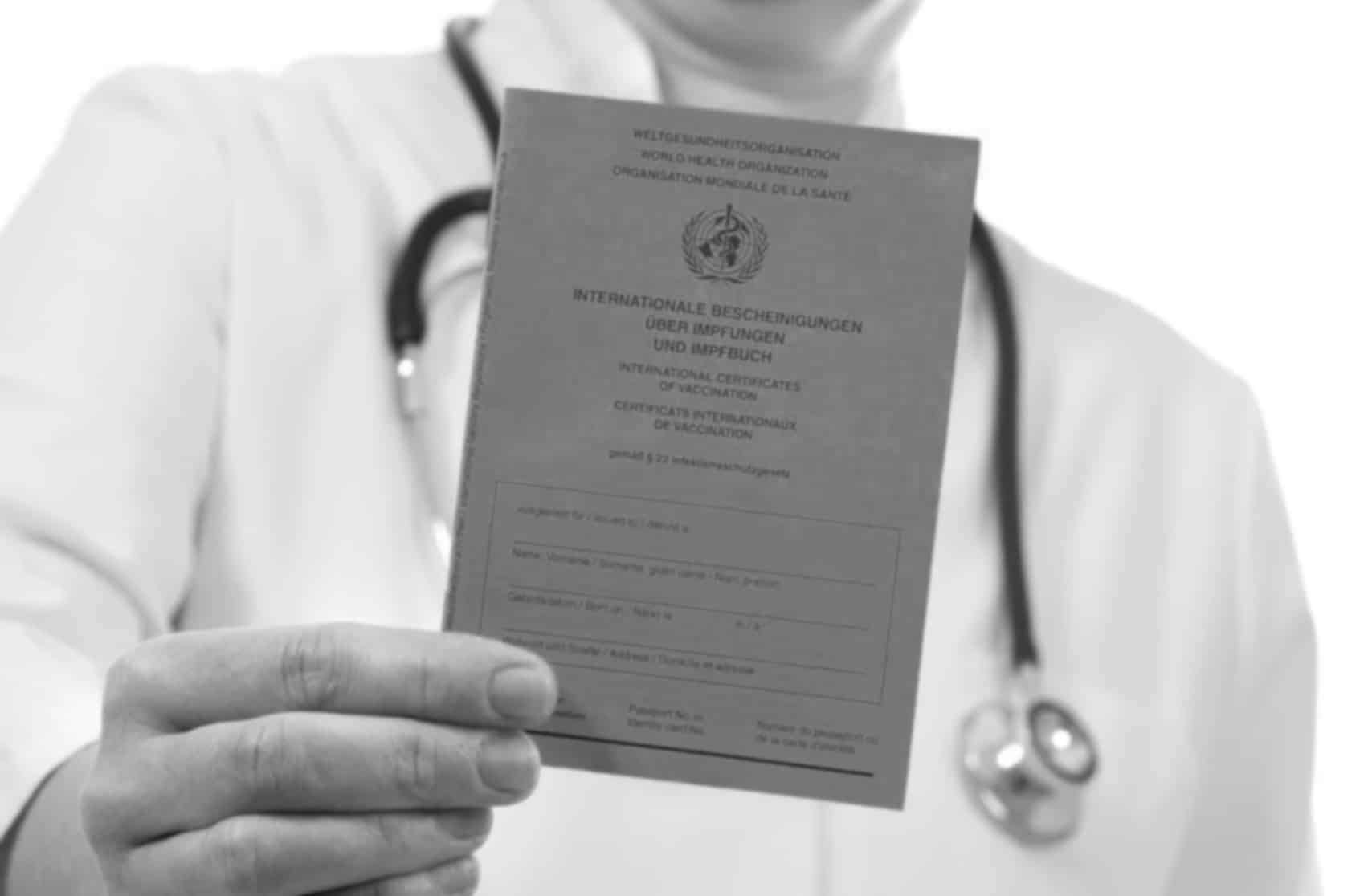Stay Healthy in Tanzania: Know the Vaccines You Need for a Safe and Enjoyable Visit
Importance of getting vaccinated before traveling to Tanzania
Tanzania is a beautiful country that has become a popular tourist destination in recent years. It’s home to incredible wildlife and natural wonders like Mount Kilimanjaro, Serengeti National Park, and Zanzibar Island. However, it’s important to remember that Tanzania is also known for certain diseases that can pose a risk to travelers. The best way to protect yourself is by getting vaccinated before your trip.
Vaccinations are essential for travelers because they help prevent the spread of diseases. They work by introducing a small, harmless amount of the virus or bacteria into your body, which triggers your immune system to produce antibodies that fight off the disease. This process prepares your body to fight off any future infections, should you come into contact with the disease.
Getting the vaccines needed for Tanzania Africa is especially important if you plan to visit the country, where some diseases are more prevalent. By getting vaccinated, you’ll reduce your risk of getting sick and ensure a safe and enjoyable trip.
Common diseases in Tanzania and recommended vaccines
Tanzania is at risk for several diseases, including yellow fever, typhoid, hepatitis A and B, rabies, and malaria. Here’s a brief overview of each disease and the recommended vaccines:
- Yellow fever: This viral disease is transmitted through mosquito bites and can cause fever, chills, headache, muscle pain, and vomiting. The yellow fever vaccine is required for entry into Tanzania and is recommended for all travelers over nine months of age.
- Typhoid: This bacterial disease is spread through contaminated food and water and can cause fever, headache, stomach pain, and diarrhea. The typhoid vaccine is recommended for all travelers.
- Hepatitis A and B: These viral diseases are spread through contaminated food and water or contact with infected bodily fluids, respectively. Both vaccines are recommended for all travelers.
- Rabies: This viral disease is transmitted through the bite of an infected animal, such as a dog or bat. The rabies vaccine is recommended for travelers who plan to spend time outdoors or have close contact with animals.
- Malaria: This parasitic disease is spread through mosquito bites and can cause fever, headache, chills, and flu-like symptoms. While there is no vaccine for malaria, travelers can take antimalarial medication to prevent infection.
It’s important to note that these are not the only diseases that may be present in Tanzania. It’s recommended to consult with a travel health specialist to determine the vaccines needed for Tanzania Africa, based on your specific travel plans and medical history.
Vaccination requirements for entry into Tanzania

As mentioned, the yellow fever vaccine is required for entry into Tanzania. Travelers over nine months of age must provide proof of vaccination on arrival. If you are unable to provide proof of vaccination, you may be subject to quarantine or denied entry into the country. It’s important to note that the yellow fever vaccine must be administered at least 10 days before your arrival in Tanzania to be considered valid.
Where to get vaccinated for travel to Tanzania
Before your trip, it’s important to ensure that you are up to date and vaccinated. You can get vaccines needed for Tanzania Africa at your local health clinic, travel health specialist, or pharmacy. It’s recommended to schedule your vaccinations at least four to six weeks before your trip to allow time for the vaccines to take effect.
If you’re not sure which vaccines you need, consult with a travel health specialist who can provide personalized recommendations based on your specific travel plans and medical history.
Additional health precautions for a safe trip
In addition to the vaccines needed for Tanzania Africa, there are several other health precautions you can take to ensure a safe trip to the country:
- Practice good hygiene, such as washing your hands frequently and using hand sanitizer.
- Use insect repellent to prevent mosquito bites and wear long-sleeved shirts and pants to cover exposed skin.
- Avoid drinking tap water or using ice cubes made from tap water. Stick to bottled water or water that has been boiled or treated with purification tablets.
- Practice safe food handling by eating only cooked foods or fruits and vegetables that you can peel yourself.
- Consider bringing a first aid kit with essentials like bandages, antiseptic, and pain relievers.
Travel health insurance for Tanzania

Travel health insurance is recommended for all travelers, but it’s especially important for those visiting Tanzania. In the event of an emergency, travel health insurance can cover the cost of medical treatment, evacuation, and other expenses. It’s important to review your insurance policy carefully to ensure that it covers any necessary medical treatments and activities you plan to participate in.
Tips for staying healthy during your visit
Here are some additional tips for staying healthy during your visit to Tanzania:
- Stay up to date on routine vaccinations, such as the flu vaccine.
- Avoid contact with animals, especially wild animals.
- Use sunscreen to protect your skin from the sun.
- Be aware of your surroundings and take precautions to avoid injury or illness.
- If you experience any symptoms of illness, seek medical attention immediately.
Traditional medicine practices in Tanzania
Tanzania has a rich history of traditional medicine practices, including herbal remedies and spiritual healing. While these practices can be effective for some conditions, it’s important to consult with a licensed healthcare provider before using any traditional medicine. They can help ensure that the treatment is safe and effective and does not interact with any other medications you may be taking.
Traveling to Tanzania is an incredible experience, but it’s important to prioritize your health and safety. By getting the vaccines needed for Tanzania Africa and taking appropriate precautions, you can safeguard your health and ensure a worry-free travel experience. Remember to consult with a travel health specialist before your trip and stay up to date on routine vaccinations. With a little preparation, you can enjoy all that Tanzania has to offer without compromising your health.
For more articles related to Healthcare in Tanzania, click here!


























